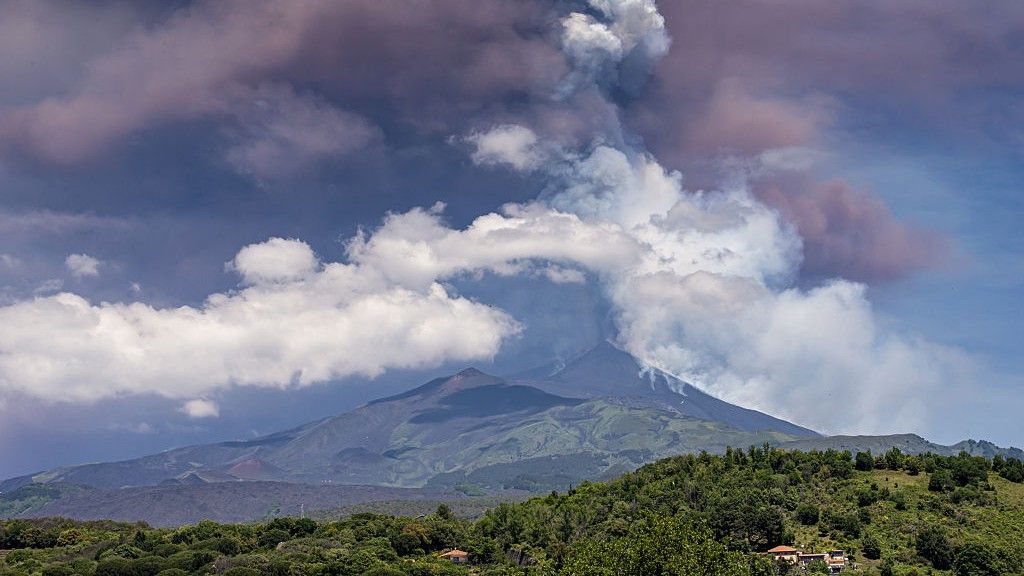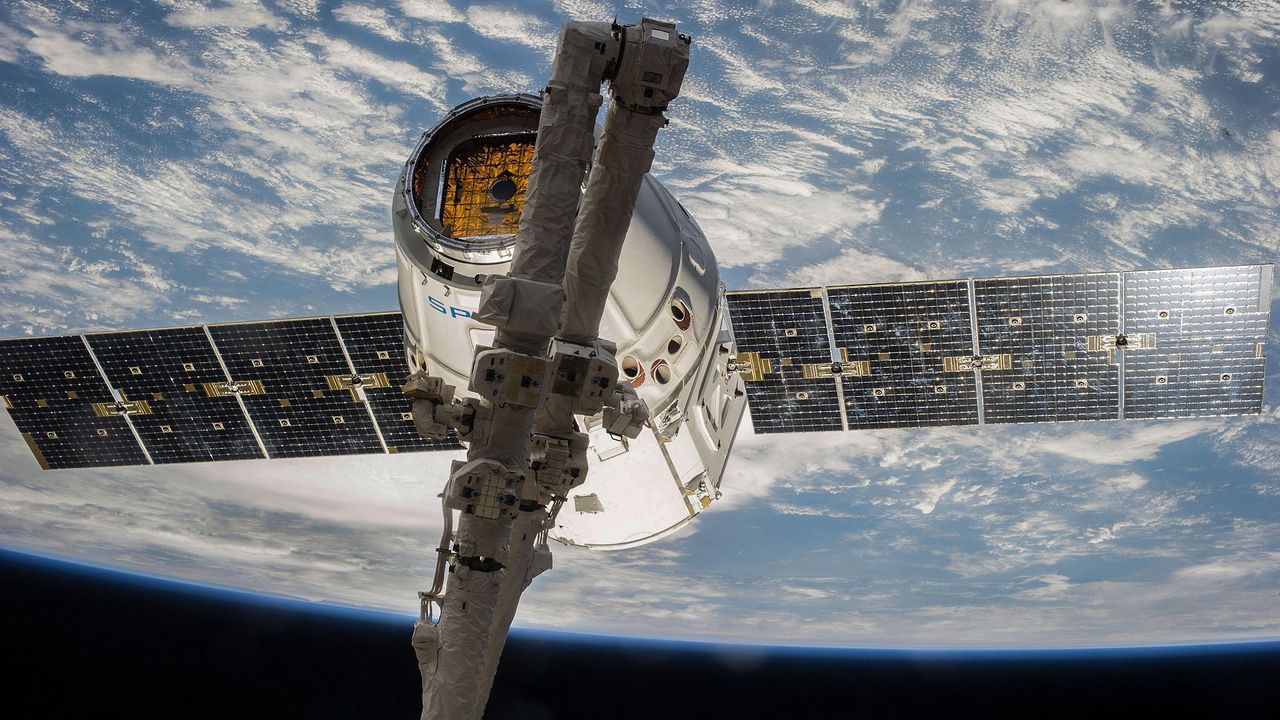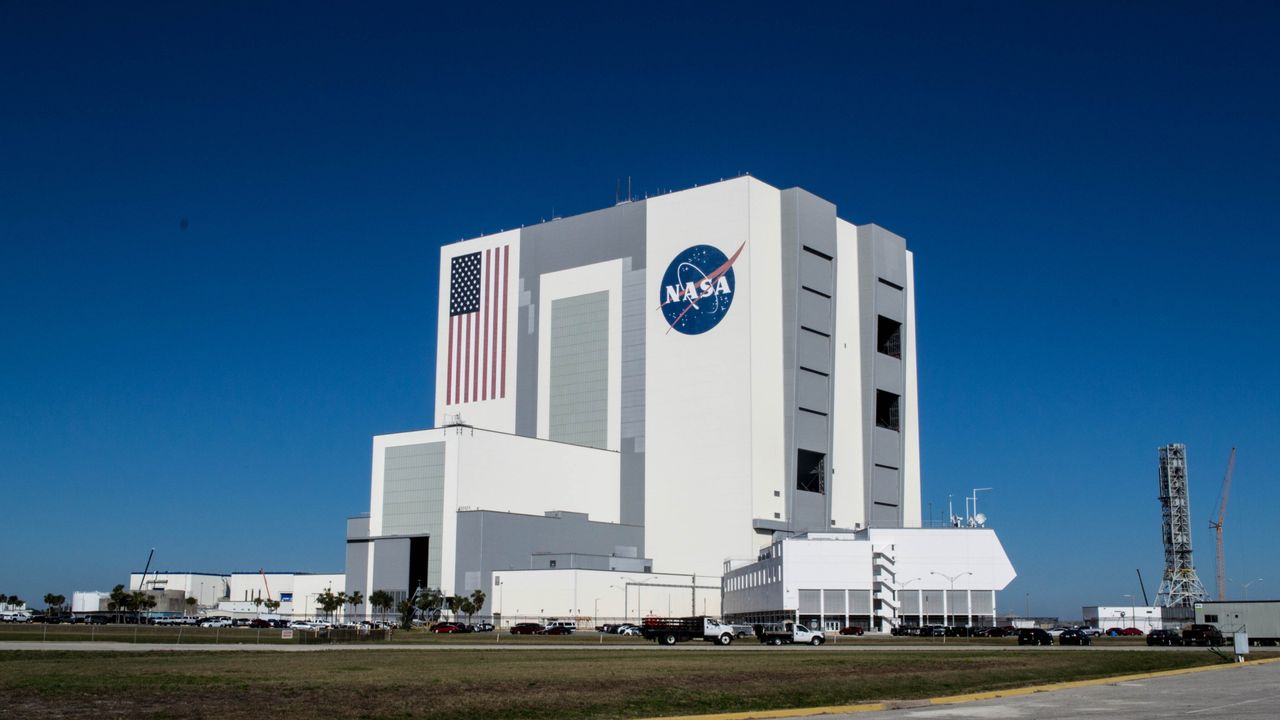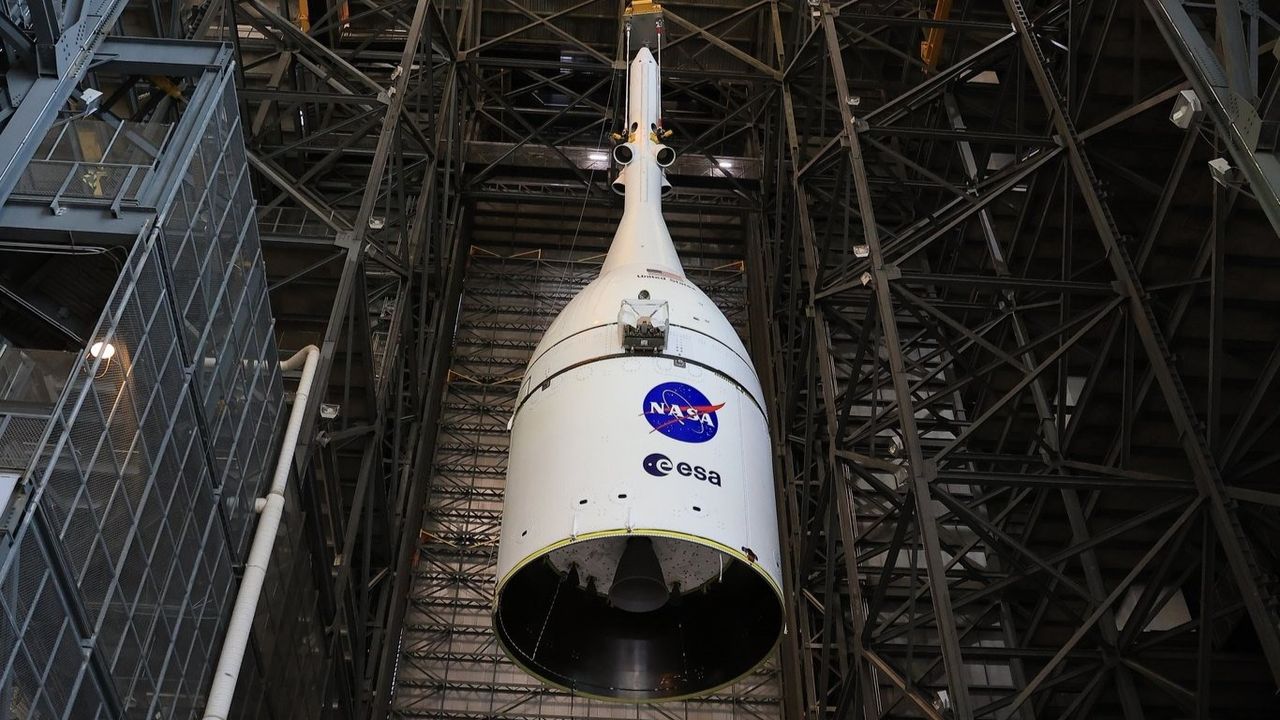‘Pirate Lizards’ Can Get Around on 3 Legs
PositiveScience
A recent study has revealed that over a hundred lizards from nearly 60 different species have the remarkable ability to survive after losing a limb, with some even thriving in their environments. This discovery is significant as it showcases the resilience of these creatures and could provide insights into regeneration and adaptation in the animal kingdom.
— Curated by the World Pulse Now AI Editorial System









